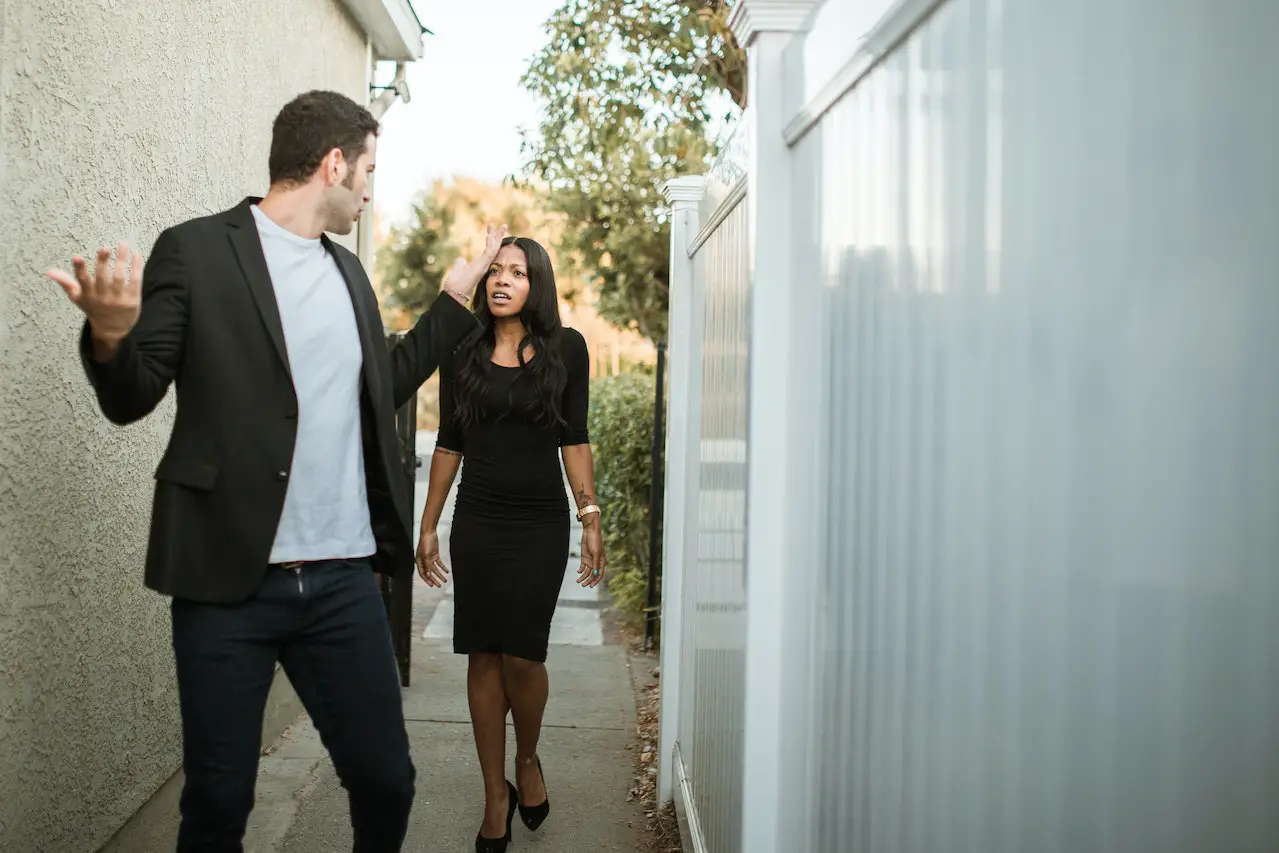The development of children can be affected by trauma experiences, both short-term and long-term. Children may feel disoriented or confused after a trauma and struggle with feelings like fear, helplessness, guilt, and anxiety. You may also experience physical symptoms like difficulty sleeping, headaches, or stomachaches. They could also develop depression or post-traumatic stress disorder (PTSD) over time.
Children who have been exposed to traumatizing situations often show signs of emotional distress and difficulty concentrating. Children may have difficulty focusing in class and academically. They are more likely than others to be aggressive and to engage in reckless behavior that could lead them to further harm. A traumatized person can have problems in their relationships, such as addiction, criminal behavior and difficulty managing them.
Adults need to be able to identify when children are struggling following a trauma experience. It is important to intervene quickly in order to prevent psychological damage lasting long-term. Children can heal from trauma by being supportive and offering emotional comfort. You can also offer support groups or therapy to help them process their emotions and reactions without fear. Sometimes medication is necessary to treat trauma symptoms or other mental health problems that result from past events.
Trauma from childhood can have an impact on adult relationships. People who have been through traumatic events can find it difficult to form and maintain intimate relationships. These people may be sensitive to criticism and rejection and avoid healthy confrontations with their partner.
People who have suffered from childhood trauma are more likely than others to be insecure or abuse substances, which can further harm the relationship. Noting that childhood trauma can resurface in times of conflict in a relationship can make it difficult for someone who has been through traumatic events to bond with their partner emotionally.
Partnering with someone who has suffered from childhood trauma is crucial. They must create a safe place where the affected can talk freely without fear or judgment. It is crucial to be understanding and supportive for those who have suffered from trauma in the past and help them start healing. Couples’ therapy can also provide valuable insights into the impact of these issues on both partners and help in devising strategies to resolve conflicts more effectively.
1. Difficulty trusting
People who have suffered trauma in childhood may find it difficult trusting their partners. This can lead to feelings of insecurity or mistrust. Trust issues can stem from a fear of being hurt again or betrayed. Individuals who have experienced trauma in their childhood may feel a need to control relationships in order to avoid the possibility of experiencing the same pain in the future. These experiences can also cause doubts about self-worth and make it difficult for trauma victims to trust their partners.
Children who have suffered from childhood trauma should understand that trust issues are not a sign of weakness. It is a natural reaction to past traumas. Partner(s) should also be able to see the challenge and be patient with the individual as they work through trust issues.
2. Fear of rejection or Criticism
People who have suffered from childhood traumas might be sensitive to criticism and rejection. This can lead to them avoiding confrontation with their partners or avoiding communication. Fear of criticism and rejection can be rooted in an individual’s self-doubt or low self-esteem that may have been influenced by traumatic childhood experiences. Individuals can become defensive when confronted with criticism or disagreement. This can lead to further distance between the couple.
For those who have suffered from childhood trauma, it is crucial to understand that their fear of rejection or criticism is more about the past than the present. Conflicts, disagreements and constructive criticism are essential components of healthy relationships. It is also important for both the victim and their partner to show compassion during difficult times.
3. Increased risky behavior
People with a history or trauma may be more inclined to engage in infidelity and substance abuse which could further harm the relationship. These risk-taking behaviors are often driven by a subconscious desire to escape emotional and physical pain. They can also be exacerbated by low self-esteem and feelings of insecurity resulting from childhood trauma.
It is crucial for trauma victims to be aware of their behavior and to understand how it can affect their relationship. Partner(s) should also remain supportive and understanding, even in the face of such difficulties. Both parties should seek counseling and therapy if needed to improve communication and understanding in the relationship.
4. Poor Conflict Resolution Skills
When there is conflict in the relationship, childhood traumas may resurface. This can make it difficult for people affected by these traumatic events to resolve disagreements. When confronted with disagreements, the emotional trauma of childhood can be brought back. This can lead to people becoming overwhelmed and unable address the problem properly.
Poor communication skills, inability to express emotions and defensiveness can make these moments of conflict more difficult. People who have suffered from childhood trauma should recognize that, even though these times can bring up old feelings such as fear and insecurity it is possible to move through them in a respectful and healthy way. This is done by sharing their emotions and being open with their partners.
5. Emotional distance and withdrawal
To avoid further hurt or pain, those who are struggling with past traumas may choose to distance themselves from their partners. This could manifest as emotional and physical withdrawal, avoidance, or shutting down during conversation. These behaviors can cause confusion and upset for partners, who may not be able to understand the reason behind their partner’s behavior.
Trauma victims should not isolate those they care about. Instead, it is best to try to stay open and connected to their partners. Counselling or therapy can be helpful in helping individuals deal with trauma and ensure that their relationships are healthy.
6. Anxiety around Intimacy
Individuals can become anxious about intimacy after experiencing trauma. They may fear losing control or being abandoned. This anxiety can manifest as a fear of losing control or avoiding physical and emotional closeness with a partner. It may also cause difficulty in expressing one’s needs and wants.
People who have been traumatized should recognize their anxieties and seek help from a mental healthcare professional to develop healthy coping strategies to manage their fears in intimate relationships. Therapy for couples communication can be beneficial to both partners. It creates a safe space where they feel heard and understood.
7. Past Events Can Cause Unresolved Feelings
Intimate moments can be a time when unresolved emotions from past experiences can erupt, leading to anxiety and confusion for both of the parties. These emotions can be triggered by certain sounds or movements that remind someone of past traumas.
People who are struggling with unresolved emotions related to past traumas should recognize that they are normal reactions and seek professional help. Individuals can learn healthy coping strategies and gain insight into their triggers through therapy or counseling.
8. Relationships: Unrealistic expectations
People can have unrealistic expectations about romantic relationships after experiencing childhood trauma. This is because they feel that true love and closeness are impossible to achieve. Expectations may include expecting their partner will fulfill all their emotional needs, inability to trust their partner or fear of being abandoned.
Children who have suffered from childhood trauma need to be able to identify their expectations and find ways to meet them. In therapy and counseling, individuals can learn healthy communication skills to build trust in their relationships, better understand their emotions, and create a safe space for them to express themselves freely without fear.
Last thought
As you can see it is crucial to recognize the impact of trauma on an individual’s emotional and mental well-being. It is often necessary to seek professional help in dealing with trauma. Individuals can get the help they need from professionals such as counseling and therapy to deal with traumatic memories and the emotional reactions that accompany them. This helps people restore balance in their lives, strengthen relationships, understand their emotions better, and create a safe environment where they can freely express themselves without fear.
Do you get tired of being in a romantic relationship with someone who puts their needs first?
You are not the only one. You’re not the only one. Narcissistic abuse can be more common than you might think. However, it’s difficult to recognize. We are here to help. We will send you amazing articles that will help identify narcissistic abuse and offer tips for how to avoid it.
You deserve to live in a happy, healthy relationship that puts you first. Get our useful articles and sign up today. You will be happy you did.














Leave a Reply